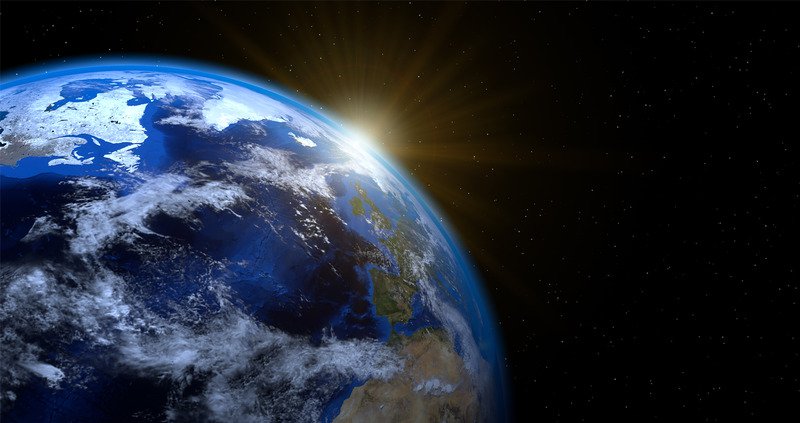By: Arpita, Sweta, and Hiral Patel
Our planet is truly a magnificent place. Known as the blue planet due to its abundance of water, the Earth is an incredibly complex and vibrant ecosystem, where living organisms interact with each other and their environment to create the ideal conditions for life. We have it all: it’s warm but not too warm, lots of water but again, not too much. It’s perfect. And it’s in trouble.
Earth Day was founded by U.S. Senator Gaylord Nelson on April 22nd, 1970 in order to bring forth awareness to environmental issues and support for protecting the environment. Today in the 21st century, we are facing the biggest environmental challenge our generation has ever seen. Over the past 15 decades, we’ve changed the balance of our planet by living a selfish and unsustainable life. For instance, the plastic usage, chemical waste, and greenhouse gas emissions have increased significantly. Every year, U.S. factories release over 3 million tons of toxic chemicals into the land, air and water.
This leads to an increase in diseases whether its by inhalation or contamination of food. It also causes climate change which is increasing the Earth’s temperature and having serious impacts on the world’s water systems. Warmer air can hold a higher water content, which makes rainfall patterns more extreme. Rivers and lakes supply drinking water for people and animals and are critical for industry. Water covers 71% of the Earth’s surface and makes up 90% of our bodies. So ask yourself: why is it still unavailable to over 800 million people in the world. Humans needs to realize that natural resources like water are finite. If they are not properly used then it will become a human security issue. In 2025, approximately 50% of the world will experience severe water stressed conditions (“Five Countries with the Greatest Water Scarcity Issues” 2). Before this happens, citizens and corporations needs to come together and take action.
It only takes small lifestyle changes to have a large positive impact. For example, turning off all of your appliances when they are not in use, replacing domestic and electrical equipment with energy efficient models, and recycling are just some small steps we can take. It is as simple as turning the water off while brushing or shampooing. There are people in developing countries who do not have access to safe drinking water. Americans use water everyday as an amenity, but often fail to realize how valuable it is. These simple individualistic interventions can have a big difference in protecting our environment. Take a moment and appreciate the Earth which provides us with resources we need for survival.
This year’s Earth Day theme is to end plastic pollution. Last year, a study showed that there was around eight million metric tons of plastic waste in the oceans. Most of the plastic waste consist of water bottles, straws, plastic bags, and wrappers. The continent of Asia is responsible for about 63% of this plastic waste being thrown into the ocean. This causes issues like climate change and sea animals getting injured. The NRDC states that about $11.4 billion of recyclable items go into landfills instead of being recycled. By using reusable water bottles and grocery bags you are able to make an impact.
We need to learn to take care of the Earth if we want to continue using resources like water and fossil fuels. The universe is a gift from God and let us appreciate that gift. We are taught to live a life that does the least amount of harm possible. That principle not only applies to human to human interactions, but also extends beyond that to the animals and environment that makes up our ecosystem. So make a change in your life whether it’s riding your bike instead of driving, or turning off the faucet when brushing your teeth. The life of our present and future generations is in our hands. We are the future.

